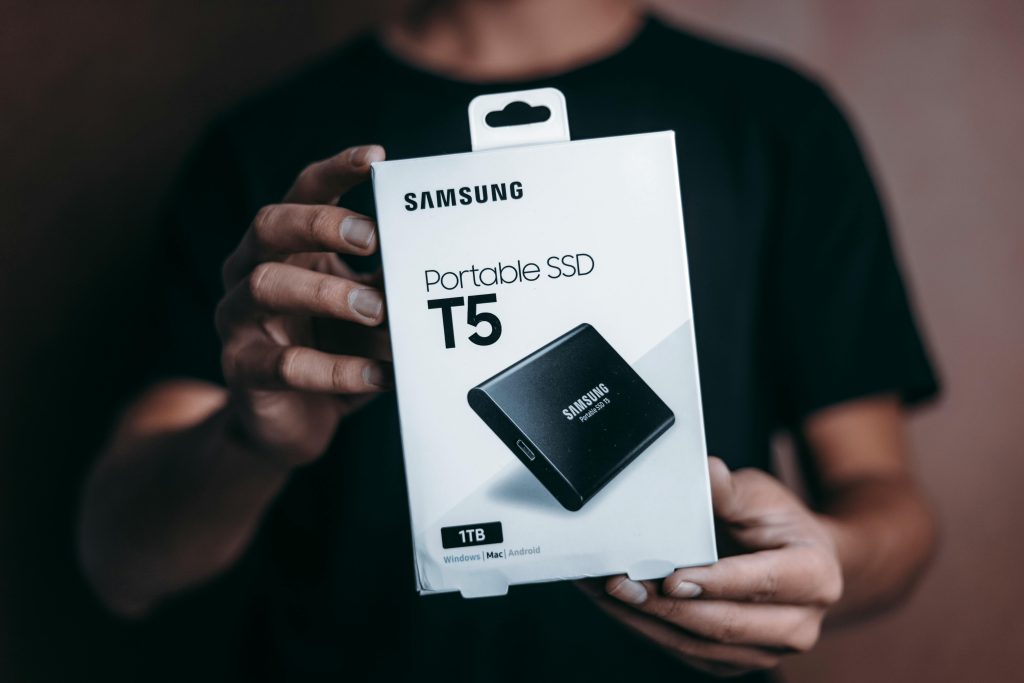Understanding and Troubleshooting Persistent PC Startup Issues: A Case Study
Introduction
Encountering persistent boot problems and system crashes can be both frustrating and confusing, especially for users without extensive technical backgrounds. This article examines a real-world scenario involving a Windows 10-based desktop experiencing startup freezes, Blue Screen of Death (BSOD) errors, and hardware alerts. The goal is to analyze the symptoms, identify potential causes, and suggest effective troubleshooting steps.
System Overview
The affected system features the following specifications:
- Processor: Intel Core i7-5820K @ 3.30GHz
- Graphics Card: NVIDIA GeForce GT 1030 (2GB VRAM)
- Memory: 24GB DDR4 RAM
- Motherboard: ASUS (System info displays “All Series”)
- Storage: Unspecified; likely HDD or SSD
- Operating System: Windows 10 Pro 64-bit, Version 18363
- BIOS Version: 3802
- DirectX Version: 12
Symptoms Summary
The user reports a series of hardware and software anomalies, including:
- Random system freezes, occurring both shortly after login and during early boot stages.
- Failure to recover from freezes without a system reset, leading to repeated crashes.
- Multiple BSOD errors, notably MEMORY_MANAGEMENT and others.
- A recurring BIOS alert message: “Overclocking failed. Press F1 to run setup,” despite no user-overclocking modifications.
- A clicking sound during system startup, subsiding after a few seconds.
- An occasional “chassis intrusion detected” message, despite the case remaining unopened.
Diagnostic Analysis
The symptoms suggest several potential underlying issues:
- Hardware Instability or Failure
- The clicking noise may indicate failing hard drive components or power-related hardware issues.
-
The “chassis intrusion” message could be a false alarm due to a faulty case sensor or cable connection.
-
Motherboard or BIOS Configuration Errors
- The “Overclocking failed” warning is common on ASUS motherboards when settings are misconfigured or if BIOS settings are corrupt.
-
Even if not overclocked, BIOS defaults might have been altered or corrupted, leading to stability problems.
-
Memory-Related Issues
-
BSOD with MEMORY_MANAGEMENT points toward potential RAM issues. Although the user has 24GB DDR4 RAM, faulty modules or incompatible configurations can cause system instability.
-
**Storage
Share this content:

